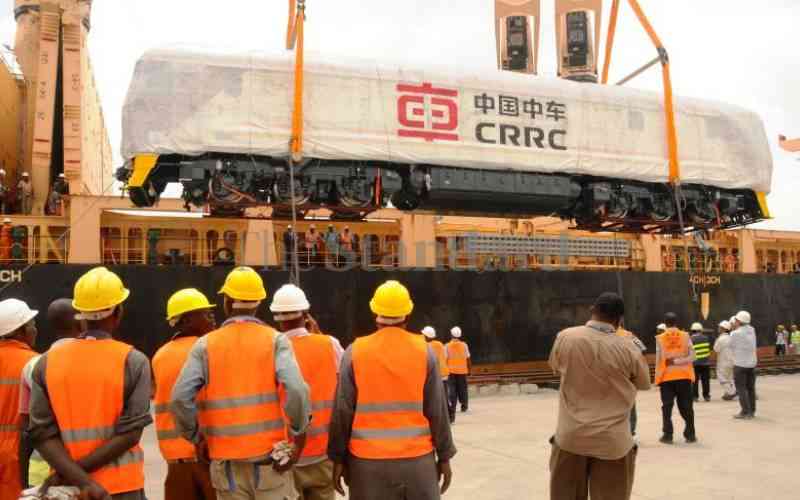×
The Standard e-Paper
Smart Minds Choose Us

On March 14, 2019, Dismas Hare lost his right thumb and index finger while arranging containers at the port of Mombasa.
The man who was hired by a private ship contractor has since quit the job after the incident. He is yet to be compensated for the loss.